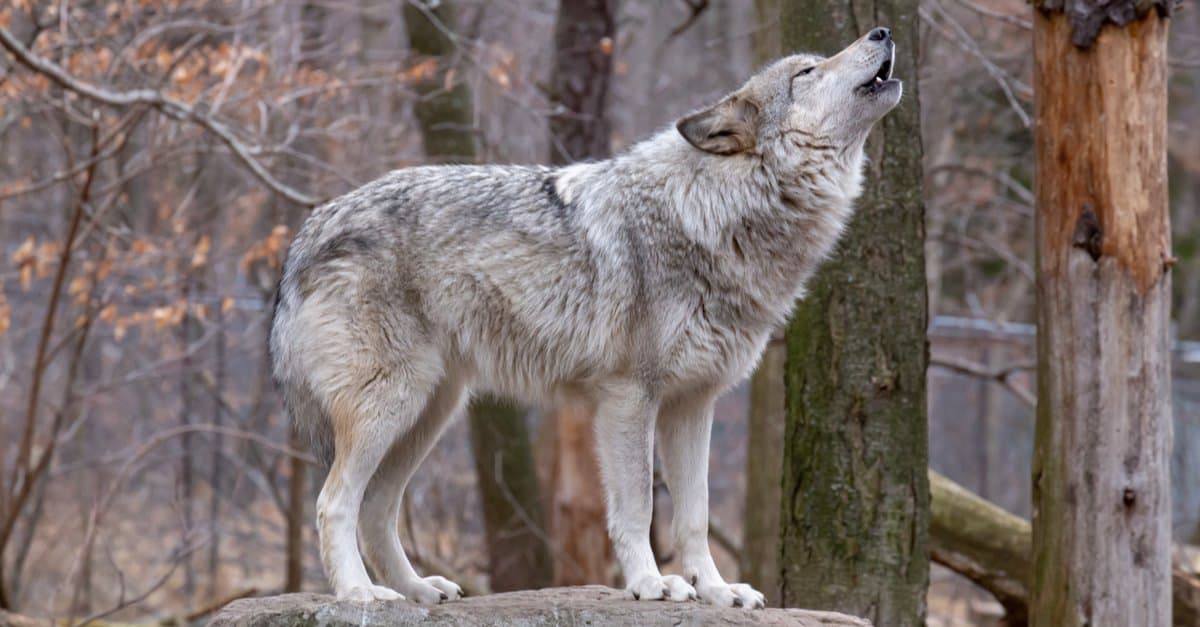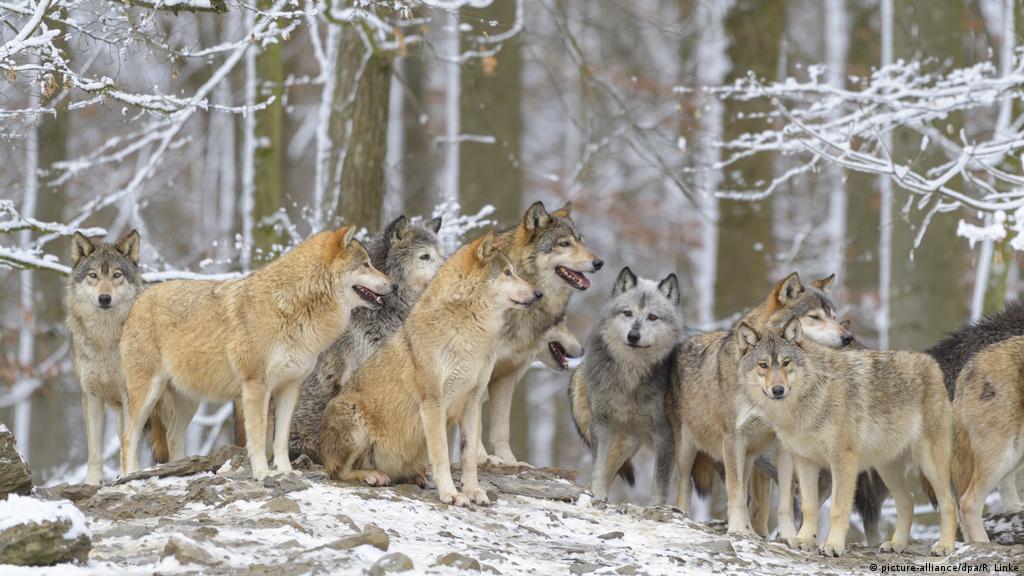One study found that wolves are social, caring more about their group members than pet dogs.
Although dogs are known for their ability to cooperate with humans, the same can't apply to cooperation with each other.

A new study found that wolves are much better at cooperating with each other than dogs, noting that taming dogs in homes is weaker than their ability to cooperate.
A series of touchscreen experiment conducted by the Wolf Center for Science in Austria showed wolves were more selfless than dogs also raised in groups.

The study’s authors claim the findings show that poultry inherited its cooperative tendencies from its ferocious wolf ancestors and not from their contacts with humans.
To carry out the experiment, the researchers trained animals to use their nose to press the “tender” symbol on the screen, after delivering the food to an adjacent container, regardless of whether it was another animal.

During several experiments, wolves delivered food to members of their group, knowing that they would get nothing in return, but didn't abound if they discovered an unknown wolf.
Dogs have shown no special inclination to feed other dogs when there is no personal gain, whether they know them.

“This study suggests that domestication doesn't make dogs more tender.”
